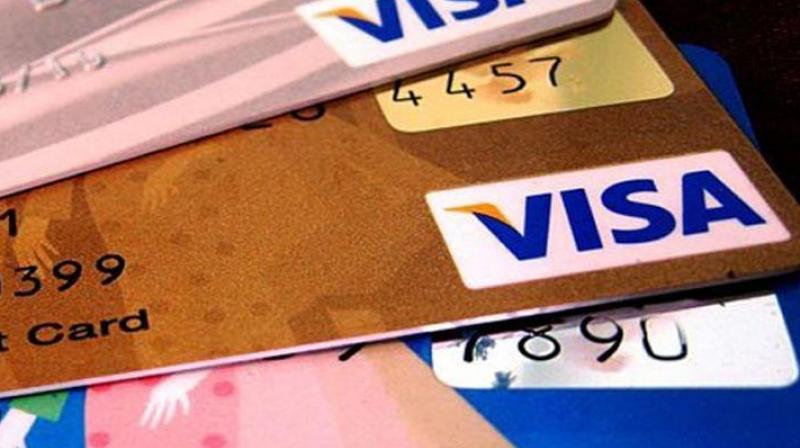New Delhi: In December 2017, India’s own payments system Unified Payment Interface (UPI) had stood 5th among more than 40 countries’ payment systems tracked by US-based Fidelity National Information Services Inc.. Developed by an RBI regulated body; the National Payments Corporation of India (NPCI), UPI is built over IMPS infrastructure allowing users transfer money between any two parties’ bank accounts within seconds.
Criteria for being a competent payment system under Fidelity National include round-the-clock availability, the speed of settlement and level of government or regulatory support. The real-time payment system allows mobile apps run by retailers, airlines and other firms to take payment directly from the bank account, and has gained half the value of debit and credit cards swiped at stores last month, Bloomberg quoted RBI data. Resulting Global champions like Visa and Mastercard losing market share in India.
“The introduction of UPI in August 2016 led to the creation of a wealth of new innovative payment solutions, and the adoption rates of UPI payments are truly spectacular,” the US-based firm has said in its report. UPI “opens up access to real-time by allowing payments to be directly integrated into external business applications”, it said.
Amazon.com Inc. and Jet Airways India Ltd are among firms that have integrated UPI into their apps. Cab firm Ola, Kishore Biyani’s Big Bazaar retail chain and incumbent mobile wallet leader Paytm Mobile Solutions Pvt. Ltd are other users. Facebook Inc. is also piloting a payments service in India with UPI for its WhatsApp Pay, drawing comparisons with China’s WeChat popularity that also revolutionised payment system in China.
“Payment integration into popular apps in India will drive the digital payments market to $1 trillion over the next five years,” Credit Suisse Group AG said in a report last month.
The number of UPI transactions have reached 57,000% since demonetisation in 2016. On the other hand debit and credit cards usage has gained a momentum by only 20%. “While the effects of the demonetisation event…are now waning, it would be safe to conclude that the event has caused a permanent uplift in the share of non-cash transactions in the economy,” said Credit Suisse.

